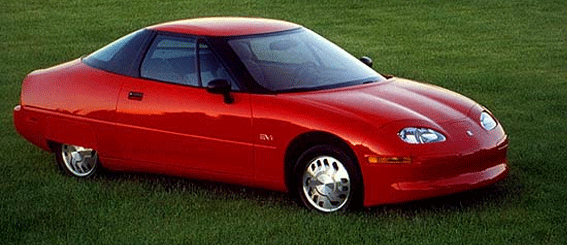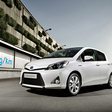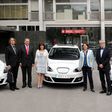 Electric
Electric

What are Electric Cars?
Electric cars produce zero localized emissions since they’re propelled by electric motors that run on batteries charged at home, or special electric vehicle charging stations. Car manufacturers are actively developing a new generation of electric cars using technologies and lessons learned from electric vehicles developed in the 1990s. Electric cars are extremely efficient and run for pennies per mile, much cheaper than any other alternative fuel.
In recent years, increased concerns over the environmental impact of gasoline cars, along with reduced consumer ability to pay for fuel for gasoline cars, has brought about renewed interest in electric cars, which are perceived to be more environmentally friendly and cheaper to maintain and run, despite high initial costs. Electric cars currently enjoy relative popularity in countries around the world, though they are notably absent from the roads of the United States, where electric cars briefly re-appeared in the late 90s as a response to changing government regulations.
The hybrid electric car has become the most common form of electric car, combining a internal combustion engine powertrain with supplementary electric motors to run the car at idle and low speeds, making use of techniques such as regenerative braking to improve its efficiency over comparable gasoline cars, while not being hampered by the limited range inherent to current battery electric cars. Hybrid cars are now sold by most major manufacturers, with notable models including the Toyota Prius and the forthcoming Chevrolet Volt, a plug-in hybrid which uses a fully electric drivetrain supplemented by a gasoline-powered electric generator to extend its range. In 2010, Nissan became the first brand to launch a mass-production electric model: the Leaf. This model was elected the 2011 European Car of the Year.









